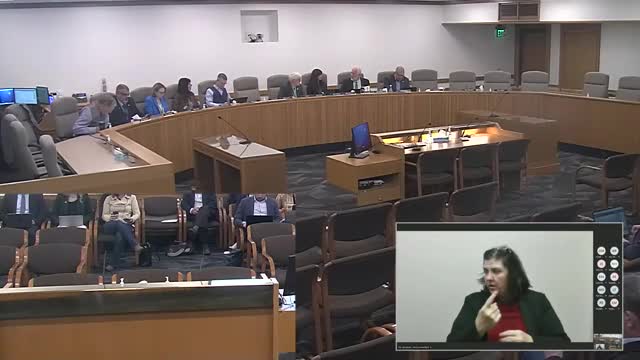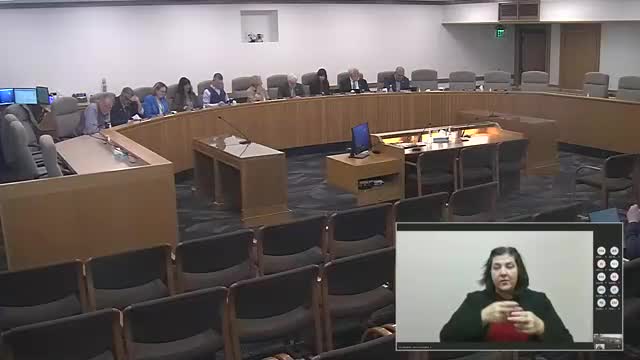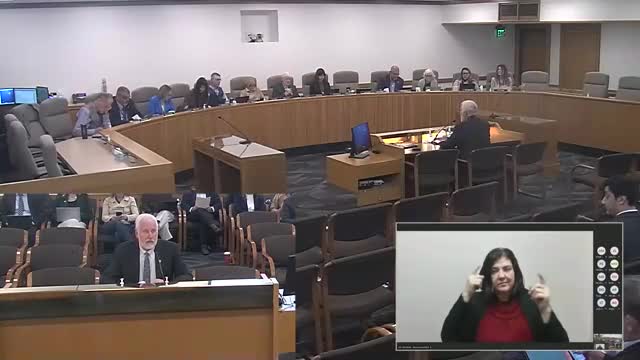Article not found
This article is no longer available. But don't worry—we've gathered other articles that discuss the same topic.

Bill would create Oregon Electric Transmission Authority to speed new high‑voltage lines; supporters point to Western examples

House committee votes to introduce three legislative concepts as committee bills

